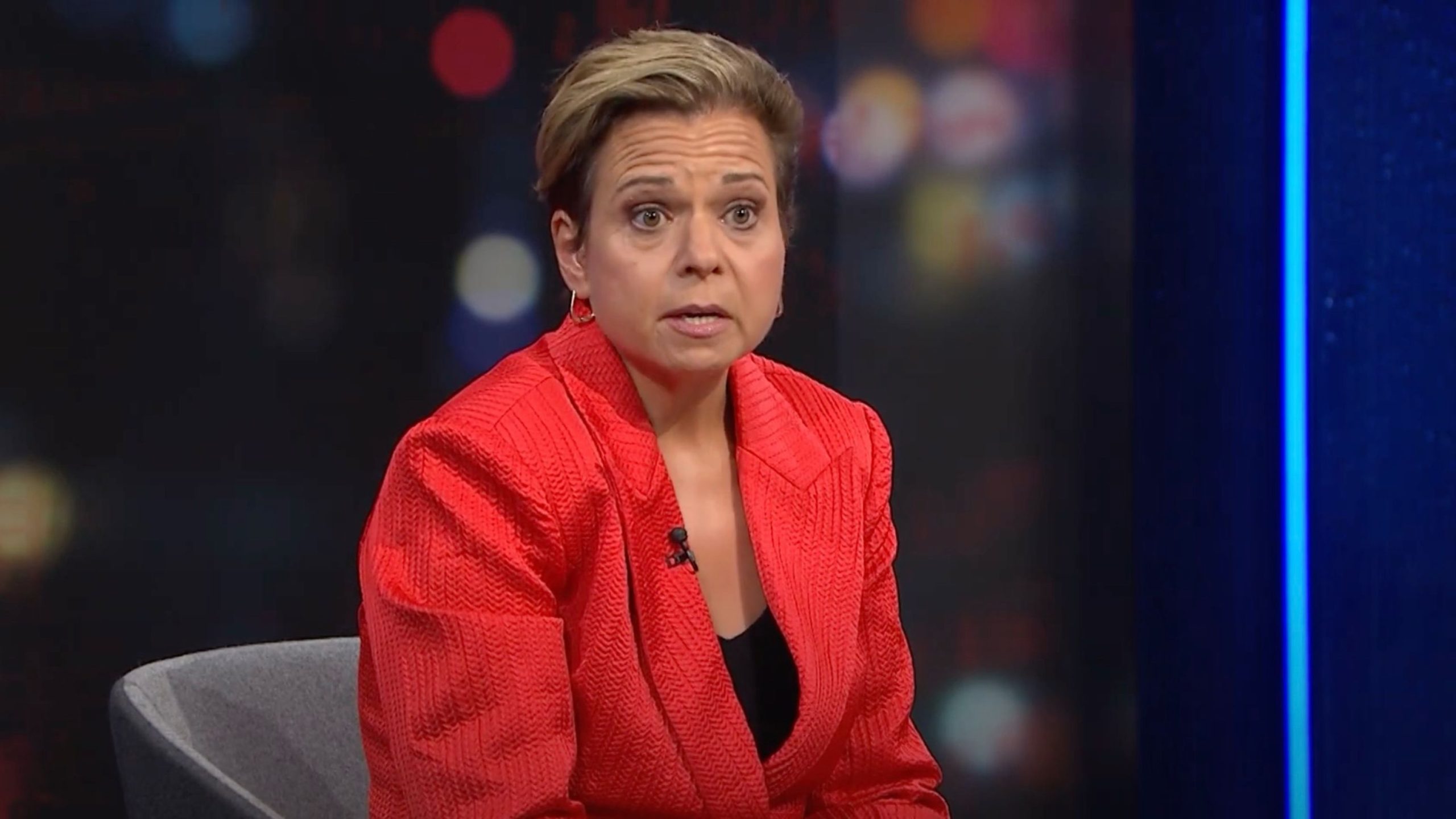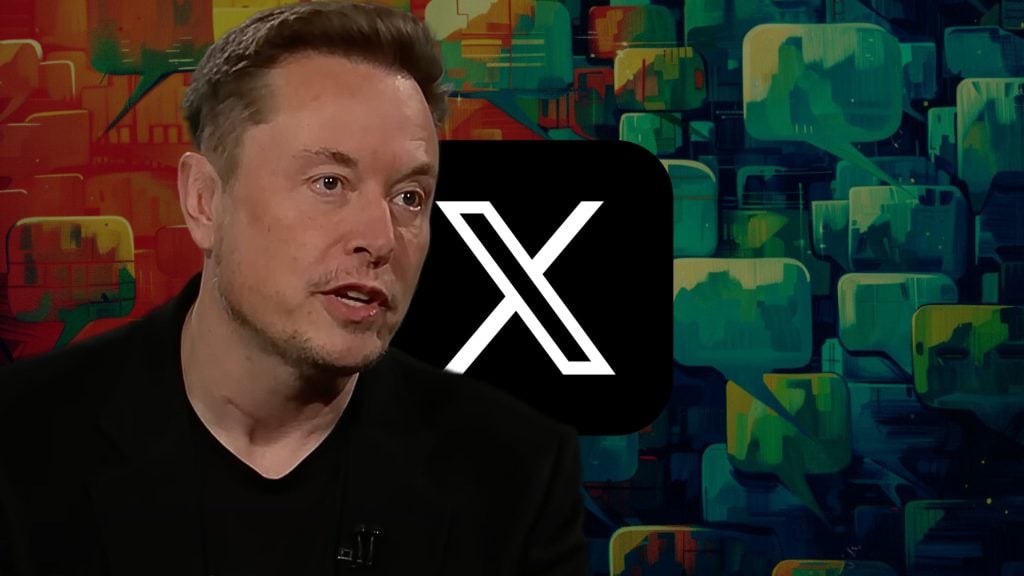Australia’s government is working on a set of new rules to eventually be added to a law dealing with “online harms.” But these could turn into yet more – well, harm to freedom of expression.
Addressing the Sydney Institute, Communications Minister Michelle Rowland announced that the effort is now known as a “Digital Duty of Care” and promises the result will be “safer and healthier” platforms.
Once, that is, the tech companies behind the platforms are whipped into shape to “moderate” and remove content to the government’s satisfaction.
And as EU’s Digital Services Act (DSA) and UK’s own Online Safety Act continue to create controversies and draw accusations of enabling wide-scale censorship, Rowland essentially promises that the result of her country’s effort along the same lines will be “even better.”
While praising Australia’s Online Safety Act as efficient in “incentivizing” platforms to remove content (according to Rowland, only illegal content gets removed thanks to the law) – she urged “a shift away from reacting to harms by relying on content regulation alone, and moving towards systems-based prevention.”
One of the consistent points of criticism leveled at similar legislation is the broad scope and vague wording, that inevitably opens the door wide to censorial abuse.
But Rowland appears to want more, not less of this trend in regulating digital platforms – she spoke about the need for “a broadening of our perspective of what online harms are.”
This is where the choice of inserting the term “duty of care” into the name of the planned new rules, comes in. It’s typically a legal requirement for an organization to comply with “reasonable standards” and take equally “reasonable steps” to prevent “foreseeable harms.”
And it is not a concept that was introduced almost a hundred years ago in the US to regulate speech. Nevertheless, it’s clear that when used in the context of the speech, it can be interpreted in a worryingly broad way.
Rowland only just presented the plan on Wednesday, but it has already received support from the Reset.Tech Australia pressure group, which is known for demanding “misinformation” censorship by major social media companies.
This organization “proudly” announced that it contributed to this year’s review of Australia’s Online Safety Act with just the idea Rowland has presented.
“A single, overarching duty of care was a key recommendation in our submission,” said Reset.Tech Australia.











